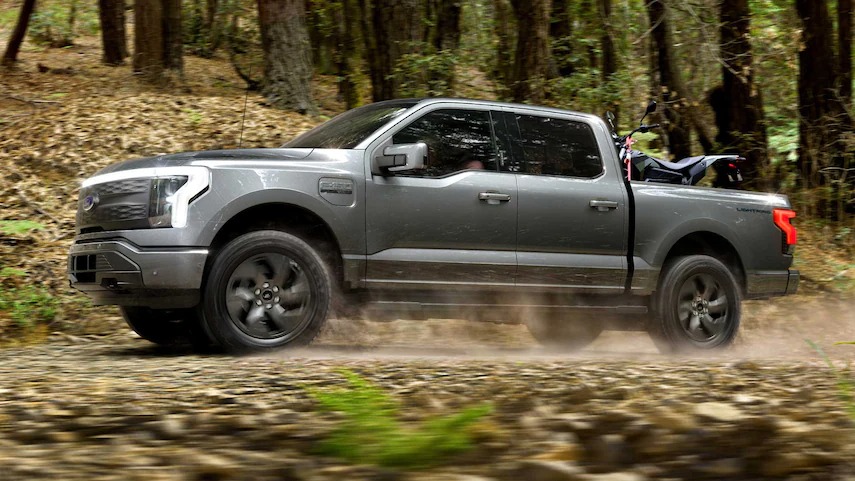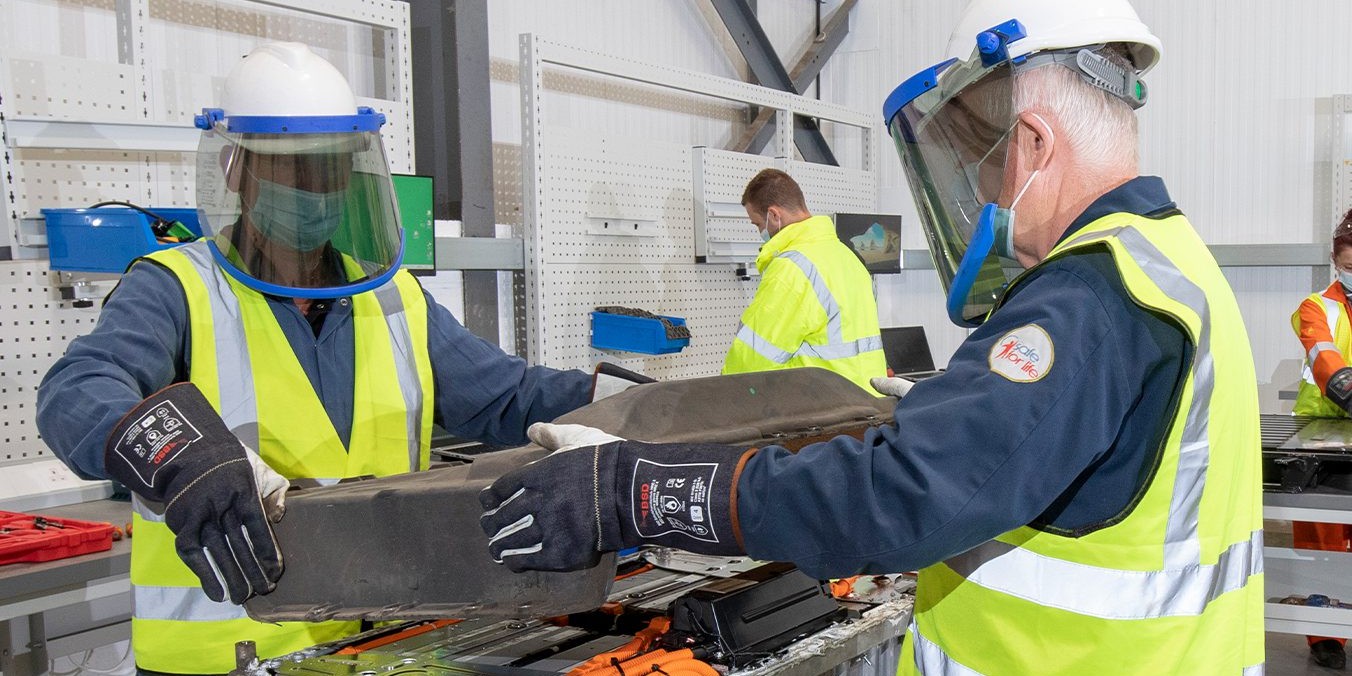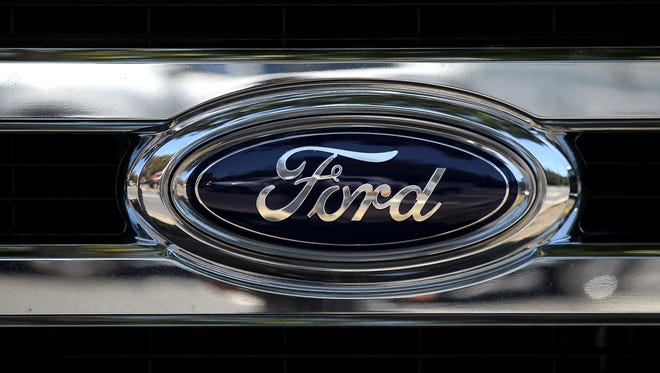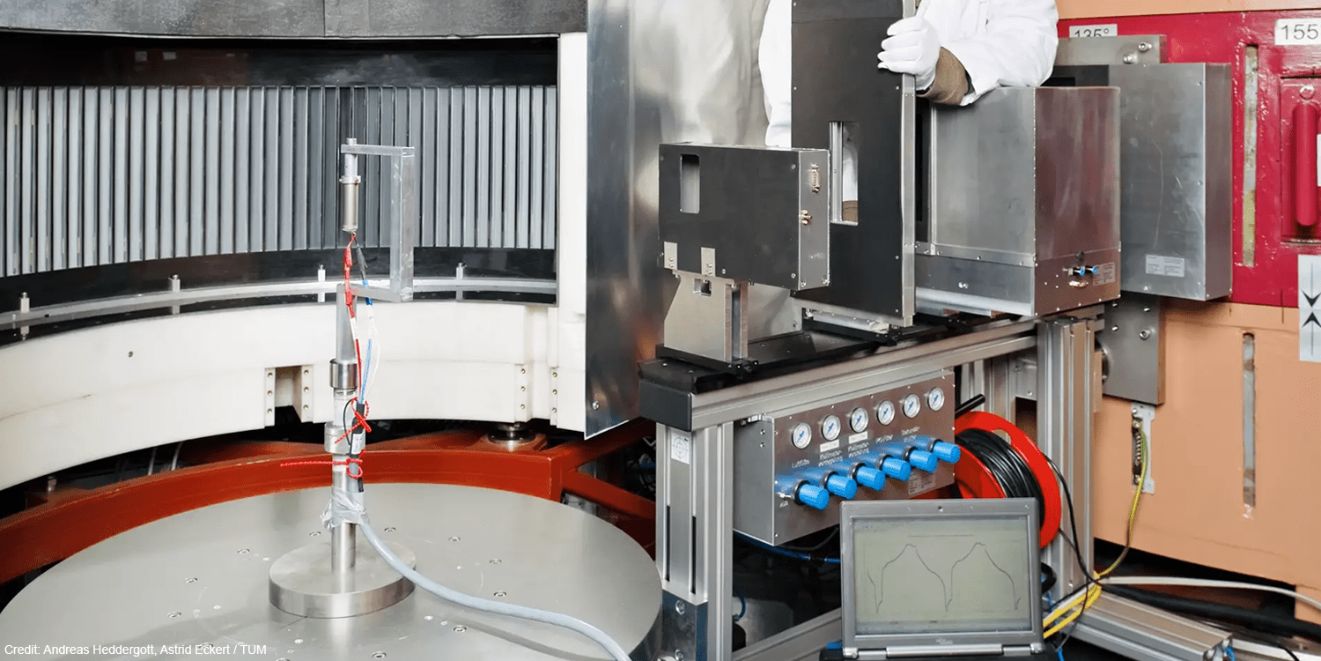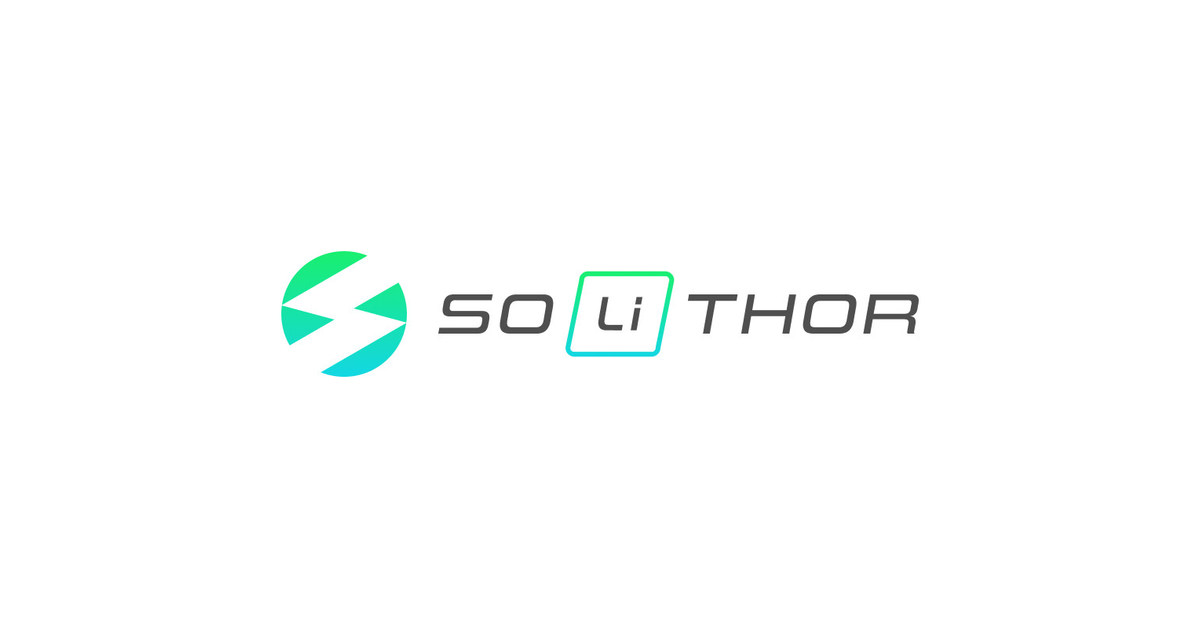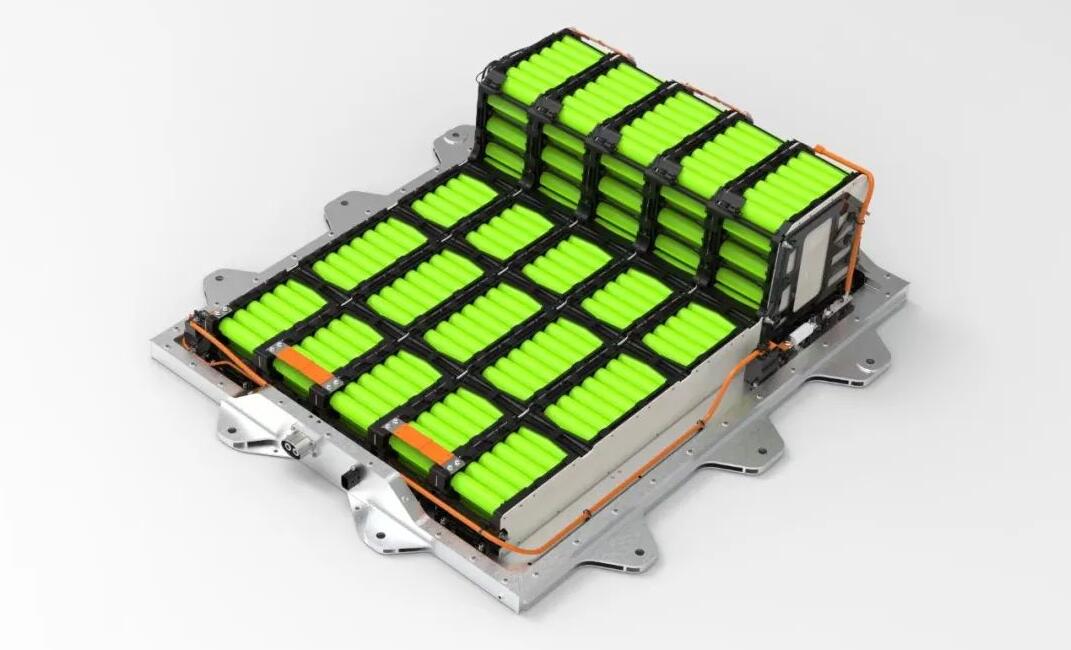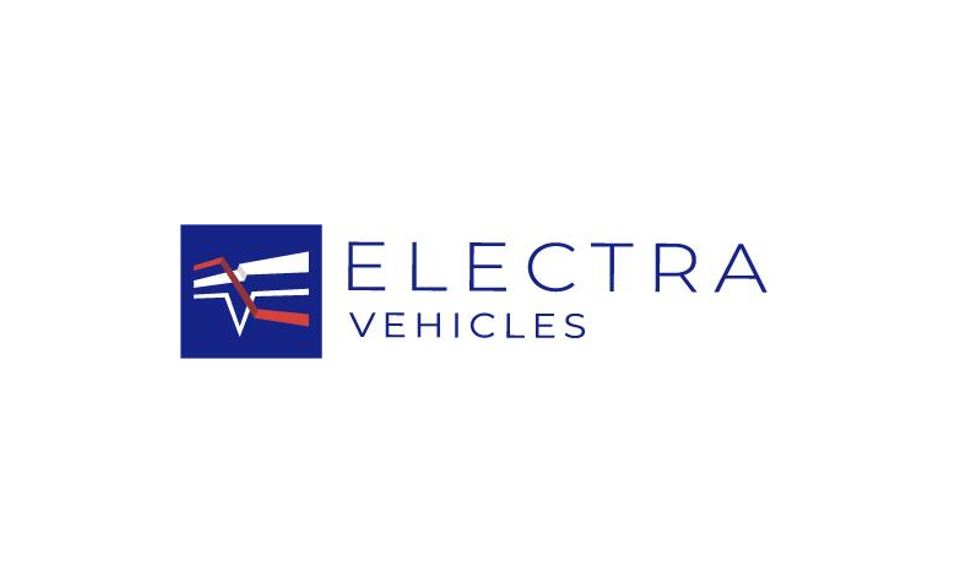Ford’s highly anticipated electric truck, the F-150 Lightning, is facing production delays due to an internal dispute with its battery supplier, SK On. The Korean company is reluctant to give full access to its cell technology and manufacturing process, causing concern for Ford, which wants to investigate the cause of a recent battery fire incident before giving the green light for production to resume.
To resolve the issue, Ford has dispatched its own team of battery researchers to meet with SK On in Korea, and plans to send equipment installation engineers from its Blue Oval SK joint venture in the US in the coming weeks. However, SK On is wary that providing deeper access to its battery technology could lead to Ford starting its own cell manufacturing.
See also: Ford Halts Production and Shipments of F-150 Lightning Due to Potential Battery Issues
SK On’s concerns are not unfounded, as the Korean government has designated EV battery-making technology and high-nickel cathode materials as national security trade secrets. This is why SK On and other Korean battery giants are hesitant to share their technology and manufacturing processes with foreign companies.
To circumvent these issues, Ford is reportedly exploring alternative partnerships with local battery makers. Recently, the automaker announced a partnership with the world’s largest battery maker, CATL, which retains whole ownership of the factory and avoids federal subsidy restrictions on Chinese tech.
See also: NRS Brakes introduces brake kits for Ford F-150, including Electric Lightning
The internal bickering between Ford and SK On highlights the challenges faced by automakers in securing a reliable and cost-effective supply of batteries for their electric vehicles. As the industry shifts towards electrification, the demand for batteries will only increase, and competition among battery suppliers will intensify. Automakers must find ways to navigate these challenges and establish long-term partnerships with battery suppliers to ensure a steady supply of batteries for their electric vehicles.

